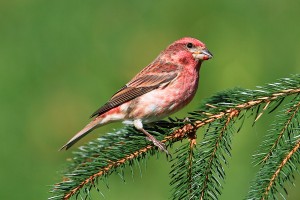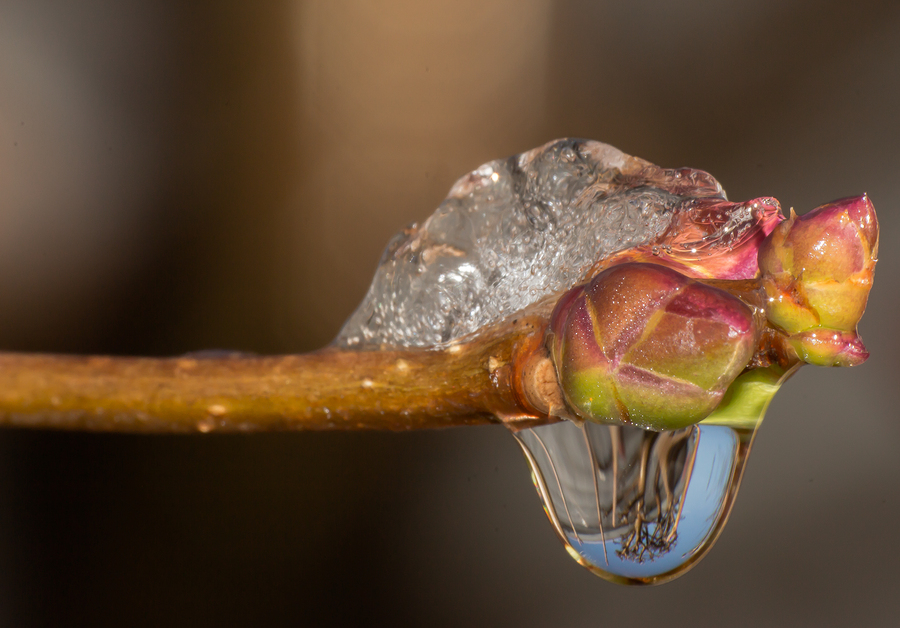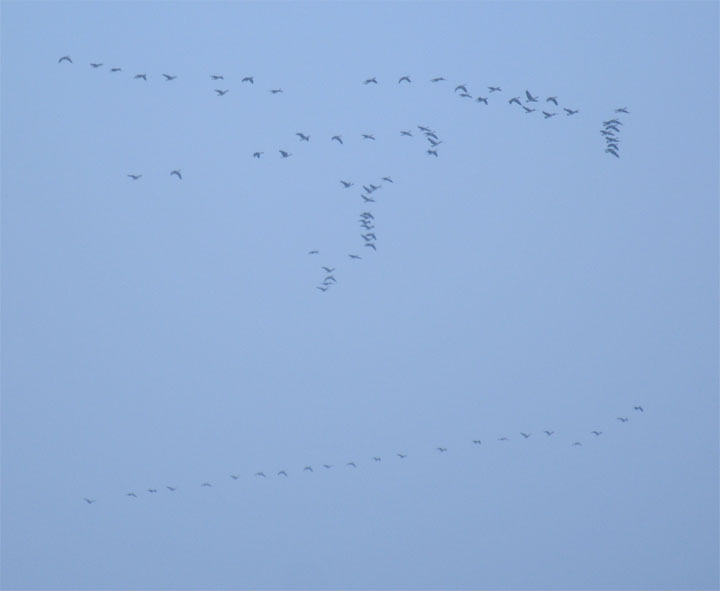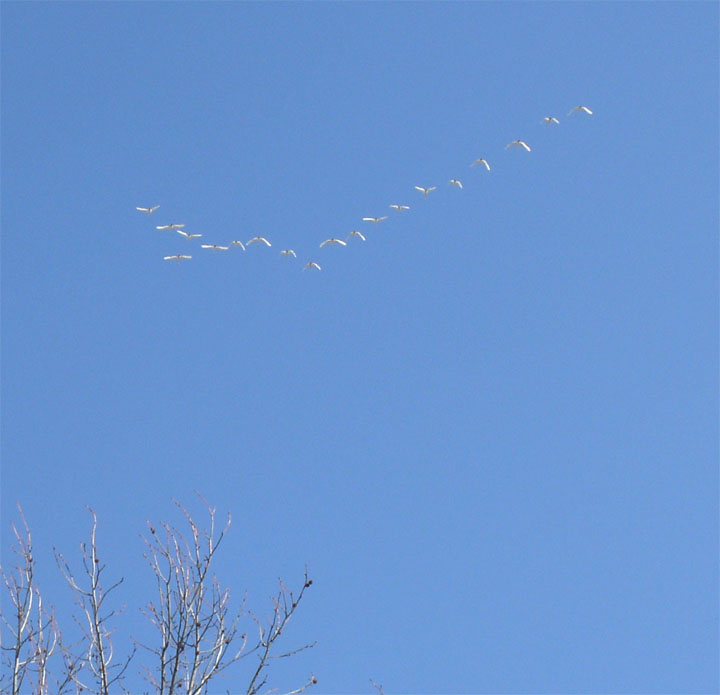A purple finch showed up in our yard yesterday, just hours ahead of the last (I hope) snowfall. And my daily footwork was again suffused with bluebird song. These birds then triggered a rereading of an essay that had caught my eye but then slipped into the welter of partially-read pieces.
You, if a reader of this blog, have grown used to our stepping onto the springboard of Thoreau’s journal writings; from there, we often dive into something daily, some moment of the local world. Today we climb a little higher, then drop a little farther from the platform of Jonathan Franzen’s recent essay, Carbon Capture, ( http://www.newyorker.com/magazine/2015/04/06/carbon-capture) in the April 6th New Yorker. From (and in) it, we consider the vast challenge of climate change and the sliver of effect we call personal response. Franzen’s piece, the best response to this calamity that I’ve read, brings us back to Henry Thoreau – not by specific mention, but by its suggestion that local attention and conserving work can be redemptive, can be a daily way forward in a difficult time.
In struggling to come to personal terms with climate change and its vast pronouncement, Franzen writes of birds, of local study and care that echoes Thoreau’s understanding that, when it came to universal concerns and understanding, he had “traveled a good deal in Concord.” Franzen’s central thought is direct: climate change is real and unstoppable; its scale so dwarfs a person’s efforts as to negate them, and so, even as large environmental organizations and figures recommend combating it, focus on climate change draws a person away from work where she or he can have effect, can live a life – working for conservation of habitat for birds and other animals, for example.
As he considers himself and us, Franzen identifies two central strains of thought that divide us: the Puritan, guilty-as-charged school and the positive, life-affirming Franciscan school. In shifting his focus from guilt-inducing efforts to have personal effect on climate change to life-affirming work for bird habitats, Franzen chooses life and whatever measure of joy it may contain. His implied question is a simple one: do you want to live a guilt-ridden, powerless life or a commitment-suffused one?
Franzen is not naive. He knows that climate change will alter habitats, will affect every thing. But he points out that global scale trouble and guilt finally overwhelm and paralyze. If, every time you have an effect – which is of course, every minute – you feel guilty about it, you step finally away from such wearying awareness. If instead, you feel you are working at least some of the time for some small sector of life, local habitat, for example, you can be buoyed by small victories, lifted by your embrace of the local.
Thoreau, of course, knew the lure and redemption of the local. His journal is a record of engagement and, yes, love, of where he walked and what he found.
Journal, April 9th, 1856: 7 A.M. – To Trillium Woods…The air is full of birds, and as I go down the causeway, I distinguish the seringo note. You have only to come forth each morning to be surely advertised of each newcomer into these broad meadows. Many a larger animal might be concealed, but a cunning ear detects the arrival of each new species of bird. These birds give evidence that they prefer the fields of New England to all other climes, deserting for them the warm and fertile south. Here is their paradise. It is here they express the most happiness by song and action.
I have taken a nuanced, developed essay and simplified it (without too much damage, I hope). It is worth reading in its fullness. Just as the birds singing in today’s new snow remind that today is there to live in its fullness.




